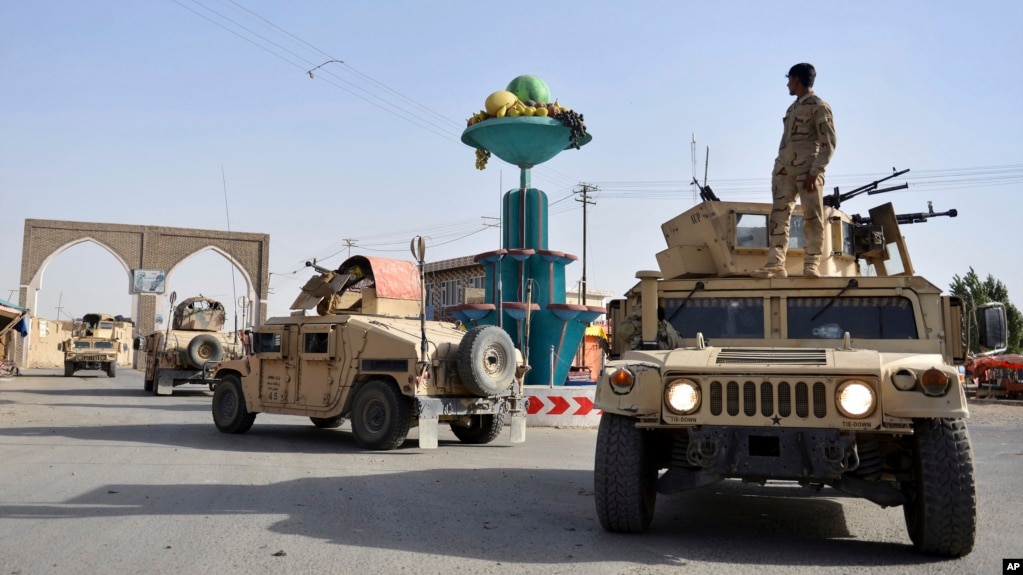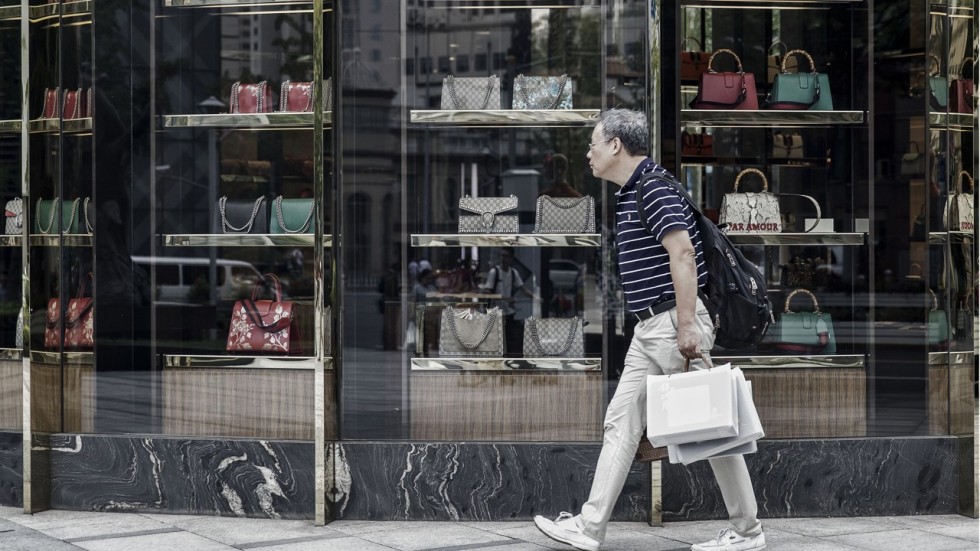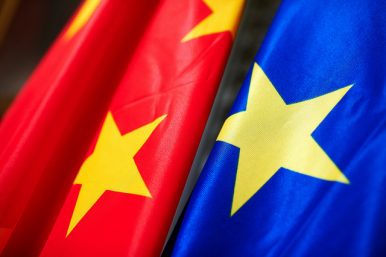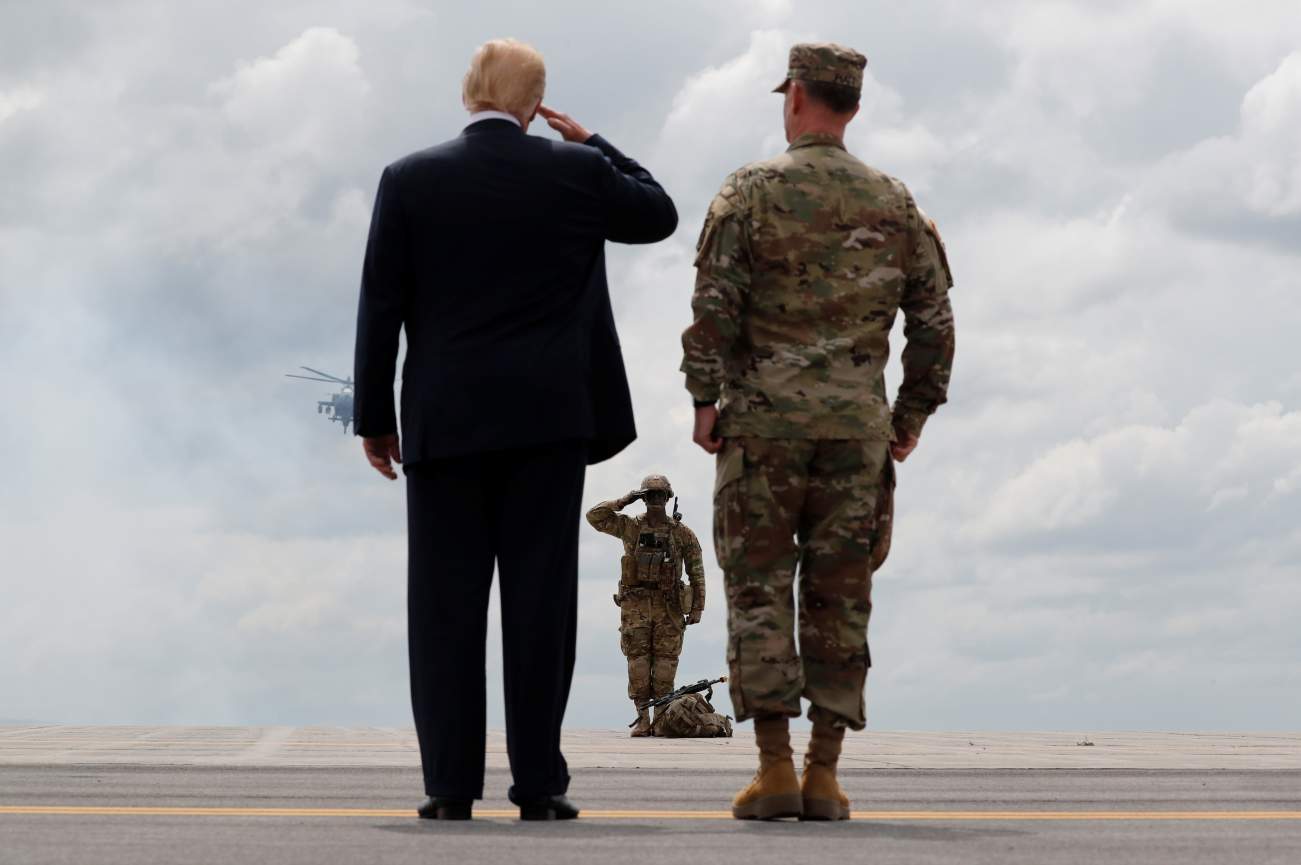Sandeep Saxena
'India's contribution will be astonishing'
 Justice Chandrachud’s reference to dissent as a form of safety valve in democracies is undoubtedly well meant and pertinent. But as any engineer would tell you, safety valves need to be well designed. Otherwise they can lead to all kinds of lethal accidents. To allow dissent without discernment is dangerous to the very fabric of civilian engagement and compromise that modern democracies embody. I am speaking from personal lived experience from late 1990s United Kingdom. Living as a student in London in 1999-2000, I found cheap lodgings with a Bangladeshi immigrant family in Bounds Green area of north London. This stretch of the city from around Finsbury Park northwards had a large immigrant population, South Asian, Turkish, and West African, which was predominantly Muslim. These were pre 9/11 days, and mosques, ‘social clubs’, and shops brazenly displayed poster exhorting the faithful to jihad, and the destruction of the infidel in Kashmir and Chechnya.
Justice Chandrachud’s reference to dissent as a form of safety valve in democracies is undoubtedly well meant and pertinent. But as any engineer would tell you, safety valves need to be well designed. Otherwise they can lead to all kinds of lethal accidents. To allow dissent without discernment is dangerous to the very fabric of civilian engagement and compromise that modern democracies embody. I am speaking from personal lived experience from late 1990s United Kingdom. Living as a student in London in 1999-2000, I found cheap lodgings with a Bangladeshi immigrant family in Bounds Green area of north London. This stretch of the city from around Finsbury Park northwards had a large immigrant population, South Asian, Turkish, and West African, which was predominantly Muslim. These were pre 9/11 days, and mosques, ‘social clubs’, and shops brazenly displayed poster exhorting the faithful to jihad, and the destruction of the infidel in Kashmir and Chechnya. The founder of the U.S.-based Blackwater security firm has been meeting with powerbrokers in Afghanistan to rally support for his plan to privatize the Afghan war. Erik Prince heads the private military company known as Academi, renamed in 2011. According to a report in The New York Times, Prince sent a letter to Afghan President Ashraf Ghani in 2017 to secure a meeting, but Ghani refused to meet with him. Prince, based in United Arab Emirates, has reportedly been holding regular meetings with influential Afghans, including some who have an eye on Ghani’s job as he faces reelection in less than a year.
The founder of the U.S.-based Blackwater security firm has been meeting with powerbrokers in Afghanistan to rally support for his plan to privatize the Afghan war. Erik Prince heads the private military company known as Academi, renamed in 2011. According to a report in The New York Times, Prince sent a letter to Afghan President Ashraf Ghani in 2017 to secure a meeting, but Ghani refused to meet with him. Prince, based in United Arab Emirates, has reportedly been holding regular meetings with influential Afghans, including some who have an eye on Ghani’s job as he faces reelection in less than a year. Preparing for his first visit to China as Pakistan’s prime minister, Imran Khan is insisting that the focus of the China Pakistan Economic Corridor (CPEC), a US$60 billion plus crown jewel of the Belt and Road, shift from infrastructure to agriculture, job creation and foreign investment. “Earlier, the CPEC was only aimed at construction of motorways and highways, but now the prime minister decided that it will be used to support the agriculture sector, create more jobs and attract other foreign countries like Saudi Arabia to invest in the country,” said information minister Fawad Chaudhry.
Preparing for his first visit to China as Pakistan’s prime minister, Imran Khan is insisting that the focus of the China Pakistan Economic Corridor (CPEC), a US$60 billion plus crown jewel of the Belt and Road, shift from infrastructure to agriculture, job creation and foreign investment. “Earlier, the CPEC was only aimed at construction of motorways and highways, but now the prime minister decided that it will be used to support the agriculture sector, create more jobs and attract other foreign countries like Saudi Arabia to invest in the country,” said information minister Fawad Chaudhry. Although the Islamic State has lost nearly 98 percent of the territory it once controlled, the group is ripe for a comeback in Sunni-majority areas of Iraq and Syria. The main reason is its existing war chest, coupled with its skill at developing new streams of revenue. The Islamic State used to mostly rely on the territory it controlled, including cities and urban strongholds, to amass billions of dollars through extortion, taxation, robbery, and the sale of pilfered oil. But the group has proven that it is capable of making money even without controlling large population centers.
Although the Islamic State has lost nearly 98 percent of the territory it once controlled, the group is ripe for a comeback in Sunni-majority areas of Iraq and Syria. The main reason is its existing war chest, coupled with its skill at developing new streams of revenue. The Islamic State used to mostly rely on the territory it controlled, including cities and urban strongholds, to amass billions of dollars through extortion, taxation, robbery, and the sale of pilfered oil. But the group has proven that it is capable of making money even without controlling large population centers. In the trade war between the United States and China, economists and investors have long tried to game out how both sides might use their clout. In virtually all the predictions, at least until recently, they revolved around a tit-for-tat tariff war. Even in the gloomiest of doomsday scenarios, there is one weapon that has long been considered unthinkable: the Chinese, the biggest holder of United States foreign debt with more than $1 trillion, publicly taking a step back from buying United States Treasuries — or worse, dumping what they own in the open market. The very idea is typically dismissed as a waste of time to even consider, and the reason is a sort of mutually assured destruction. It would be wildly irrational in economic terms, the thinking goes. China selling Treasuries would send interest rates up and hurt the United States, but it would simultaneously severely damage the value of China’s own Treasury holdings. As the industrialist J. Paul Getty famously said, “If you owe the bank $100, that’s your problem; if you owe the bank $100 million, that’s the bank’s problem.” In the United States-China relationship, China is very clearly the bank.
In the trade war between the United States and China, economists and investors have long tried to game out how both sides might use their clout. In virtually all the predictions, at least until recently, they revolved around a tit-for-tat tariff war. Even in the gloomiest of doomsday scenarios, there is one weapon that has long been considered unthinkable: the Chinese, the biggest holder of United States foreign debt with more than $1 trillion, publicly taking a step back from buying United States Treasuries — or worse, dumping what they own in the open market. The very idea is typically dismissed as a waste of time to even consider, and the reason is a sort of mutually assured destruction. It would be wildly irrational in economic terms, the thinking goes. China selling Treasuries would send interest rates up and hurt the United States, but it would simultaneously severely damage the value of China’s own Treasury holdings. As the industrialist J. Paul Getty famously said, “If you owe the bank $100, that’s your problem; if you owe the bank $100 million, that’s the bank’s problem.” In the United States-China relationship, China is very clearly the bank. However, recent data, such as the manufacturing Purchasing Managers’ Index, has been unimpressive, suggesting more policy support is needed to relieve the pressure on growth. More economic stimulus measures can be expected, but Beijing is not about to revisit its policy of pumping money into the economy at the expense of long-term sustainability. This round of policy easing is likely be more cautiously managed and executed to minimise the side effects associated with a previous stimulus package. Already, there is some evidence of this. Watch: Jack Ma urges business leaders to help stop US-China trade war
However, recent data, such as the manufacturing Purchasing Managers’ Index, has been unimpressive, suggesting more policy support is needed to relieve the pressure on growth. More economic stimulus measures can be expected, but Beijing is not about to revisit its policy of pumping money into the economy at the expense of long-term sustainability. This round of policy easing is likely be more cautiously managed and executed to minimise the side effects associated with a previous stimulus package. Already, there is some evidence of this. Watch: Jack Ma urges business leaders to help stop US-China trade war Recent shifts around the world are currently offering a good opportunity for China and Europe to develop closer relations. However, as recent incidents in Sweden and Germany have shown, mutual misunderstanding between China and European states and the resultant mishandling of diplomacy could threaten to derail this potential advancement. The presidency of Donald Trump in the United States and the current, escalating “trade war” mean that China is increasingly looking toward Europe, something which is also the result of the continent’s position at the western end of the Belt and Road Initiative (BRI). At the same time, Trump’s actions have pushed some in Europe toward reassessing their traditional relationships. The BRI and China’s ongoing economic growth mean that it continues to offer considerable economic opportunities for European states at a time when the United States appears to be turning inward.
Recent shifts around the world are currently offering a good opportunity for China and Europe to develop closer relations. However, as recent incidents in Sweden and Germany have shown, mutual misunderstanding between China and European states and the resultant mishandling of diplomacy could threaten to derail this potential advancement. The presidency of Donald Trump in the United States and the current, escalating “trade war” mean that China is increasingly looking toward Europe, something which is also the result of the continent’s position at the western end of the Belt and Road Initiative (BRI). At the same time, Trump’s actions have pushed some in Europe toward reassessing their traditional relationships. The BRI and China’s ongoing economic growth mean that it continues to offer considerable economic opportunities for European states at a time when the United States appears to be turning inward.  ANKARA, Turkey — Top Turkish security officials have concluded that the Saudi dissident Jamal Khashoggi was assassinated in the Saudi Consulate in Istanbul on orders from the highest levels of the royal court, a senior official said Tuesday. The official described a quick and complex operation in which Mr. Khashoggi was killed within two hours of his arrival at the consulateby a team of Saudi agents, who dismembered his body with a bone saw they brought for the purpose.
ANKARA, Turkey — Top Turkish security officials have concluded that the Saudi dissident Jamal Khashoggi was assassinated in the Saudi Consulate in Istanbul on orders from the highest levels of the royal court, a senior official said Tuesday. The official described a quick and complex operation in which Mr. Khashoggi was killed within two hours of his arrival at the consulateby a team of Saudi agents, who dismembered his body with a bone saw they brought for the purpose. Intentionally or not, President Donald Trump filled many of his top national security and foreign-policy positions with Neo-Wilsonian, Bush-Obama era Liberal Interventionists; an action that became a source of endless frustration for the president. On issues ranging from preventing transgender people from serving in the armed forces to disengaging U.S. forces from Afghanistan and Syria , Trump’s own national-security team has actively obstructed the president’s defense- and foreign-policy agenda.
Intentionally or not, President Donald Trump filled many of his top national security and foreign-policy positions with Neo-Wilsonian, Bush-Obama era Liberal Interventionists; an action that became a source of endless frustration for the president. On issues ranging from preventing transgender people from serving in the armed forces to disengaging U.S. forces from Afghanistan and Syria , Trump’s own national-security team has actively obstructed the president’s defense- and foreign-policy agenda. Over the past five years, Egypt has drastically increased its arms imports, making it the third largest destination for weapons in the world. Military necessity does not adequately explain the major increase in arms purchases. Egypt has pursued the arms buildup to bolster regional influence and global prestige and to lessen its dependence on the United States. The buildup has come at a significant cost to military efficiency, because the types of weaponry differ widely throughout the armed forces. Ultimately, such expenditures are unsustainable due to Egypt's economic realities.
Over the past five years, Egypt has drastically increased its arms imports, making it the third largest destination for weapons in the world. Military necessity does not adequately explain the major increase in arms purchases. Egypt has pursued the arms buildup to bolster regional influence and global prestige and to lessen its dependence on the United States. The buildup has come at a significant cost to military efficiency, because the types of weaponry differ widely throughout the armed forces. Ultimately, such expenditures are unsustainable due to Egypt's economic realities. Facebook is making a video camera. The company wants you to take it home, gaze into its single roving-yet-unblinking eye and speak private thoughts to your loved ones into its many-eared panel. The thing is called Portal and it wants to live on your kitchen counter or in your living room or wherever else you’d like friends and family to remotely hang out with you. Portal adjusts to keep its subject in frame as they move around to enable casual at-home video chat. The device minimizes background noise to boost voice clarity. These tricks are neat but not revelatory. Sounds useful, though. Everyone you know is on Facebook. Or they were anyway… things are a bit different now. Facebook, champion of bad timing
Facebook is making a video camera. The company wants you to take it home, gaze into its single roving-yet-unblinking eye and speak private thoughts to your loved ones into its many-eared panel. The thing is called Portal and it wants to live on your kitchen counter or in your living room or wherever else you’d like friends and family to remotely hang out with you. Portal adjusts to keep its subject in frame as they move around to enable casual at-home video chat. The device minimizes background noise to boost voice clarity. These tricks are neat but not revelatory. Sounds useful, though. Everyone you know is on Facebook. Or they were anyway… things are a bit different now. Facebook, champion of bad timing The top ranks of the powerful Algerian military have been reshuffled at the direction of the army's chief of staff. The nature and timing of the purge suggest the military is working closely with the civil government to reduce the possibility that rogue generals will act to benefit their own interests at the expense of the government's. The president and the tight circle of elites around him are moving to minimize pushback, both from the public and other elites, as he prepares for another election run.
The top ranks of the powerful Algerian military have been reshuffled at the direction of the army's chief of staff. The nature and timing of the purge suggest the military is working closely with the civil government to reduce the possibility that rogue generals will act to benefit their own interests at the expense of the government's. The president and the tight circle of elites around him are moving to minimize pushback, both from the public and other elites, as he prepares for another election run.